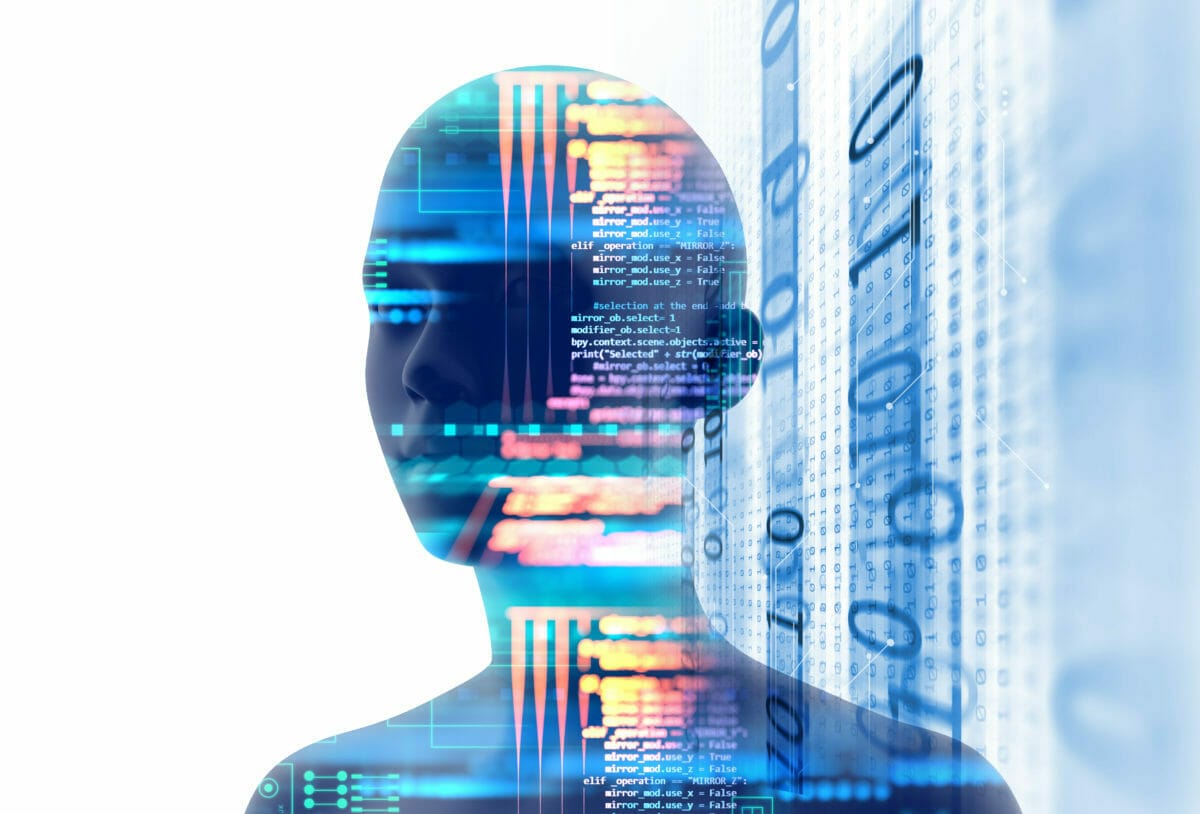Pension funds around the globe should be putting their high-risk capital towards supporting venture funds that have a track record of seeing value in people, according to Vivienne Ming, Silicon Valley technologist, entrepreneur and theoretical neuroscientist.
Ming believes that AI can be used to solve poverty, mental health, inequality and even predict who will spread COVID-19. She says technology can make all of our lives better.
“Pension funds should support venture funds that have a track record in seeing value in people, that can truly discover alpha by finding the missing amazing people and giving them a shot,” she said in a Redefining Leadership series interview (video below).
Ming’s vision is to leverage machine learning to simplify and enhance human potential and she has already created technology that improves the lives of people with diabetes, dementia and trauma as well as face recognition technology that has helped refugees reunite with their families.
She urged investors to care about creating a world that is inclusive and has a space for everyone, and to take action by appointing people to leadership positions that truly represent the breadth of the community they are trying to impact.
“The biggest predictor of the wage gap in an organisation is the number of women in executive positions. When women are in executive positions, women in lower positions work harder because they can see their hard work will pay off and they can progress,” she said.
Currently Ming is developing an Inclusion Impact Index that tracks the progress of entrepreneurs in real time with a particular focus on women and queer entrepreneurs.
“As a woman if you want to raise money, start a footwear company or an ecommerce company as you will be more likely to get funded. It is an industry ghetto-isation with men from Stanford and Harvard deciding the funding based on what their wives are good at,” she said. “If you’re a gay man start a lifestyle company.”
She said in highly hierarchical industries, such as banking or entertainment, so much more effort goes into getting funded.
“Banking is a very hard space for women to go into as an entrepreneur. A small number of people make all the decisions in those industries,” she said.
Ming’s own journey is complex and she can speak from personal experience when it comes to gender bias, transitioning when she was an academic and losing her position at Stanford as a result.
“When I transitioned the head of the Institute said “you’ve lost your edge”. I’ve founded six companies since then, I’ve invented so much, so I’m not sure what edge he was talking about: that I’m not angry and mean all the time?”
Ming developed her first technology start-up in 2009 and was rejected in fundraising by many investors who said they liked her technology but wanted someone else to be the CEO.
“All they could see was long blond hair. It was shocking,” she said. “Being me has allowed me to be happy. And it has also allowed me to be meaningful and have a positive impact on other people’s lives.”
She has now launched six companies but has never pitched to a female venture capital partner.
“I have never seen someone in the room with voting power that is like me,” she says. “I don’t care what other people need to be for themselves. I care that we leave enough space for each other. The biggest impact we will have, and the way to find an amazing life for ourselves, is if we give it to someone else. The highest levels of impact are not what is written on the walls but what you do.”
Ming now consults to many Silicon Valley companies, and explores the motivations and needs of humans in order to use AI that can help build a better world.
Recently she was hired by a company that had 500,000 employees, to uncover the biggest untracked predictor of productivity.
Using social tracing to track every employee, she discovered the biggest driver of productivity was sacrifice.
“When people took actions for which they would not reap a direct benefit, like helping a friend in another team they weren’t associated with, that was the biggest driver of productivity,” she said. “Have you ever promoted someone because of their tendency to give other people great ideas?”
Similarly, Ming says that in hiring staff people need to get away from the idea that there are easy signals that can be relied upon, like the school attended or a past job.
“It turns out that doesn’t predict anything about the quality of your work once I know other things about you. We have analysed 122 million employees, and found the things that predict the best work are social skills, emotional intelligence, creativity and cognitive ability. They are measurable and predicable, and the best thing is they are changeable.”



